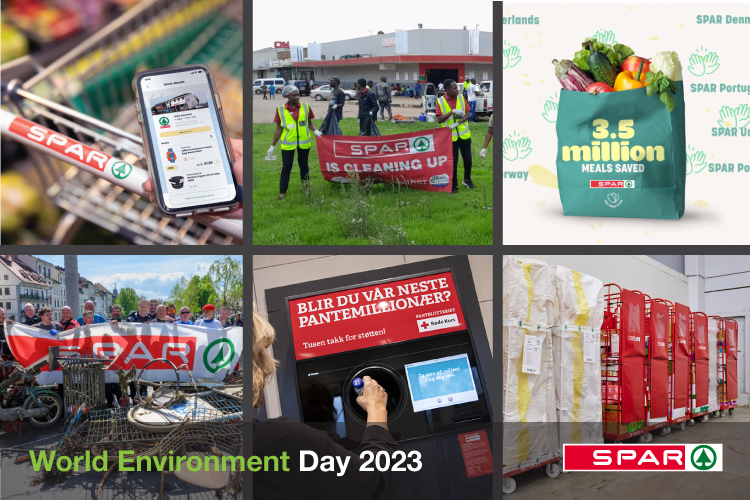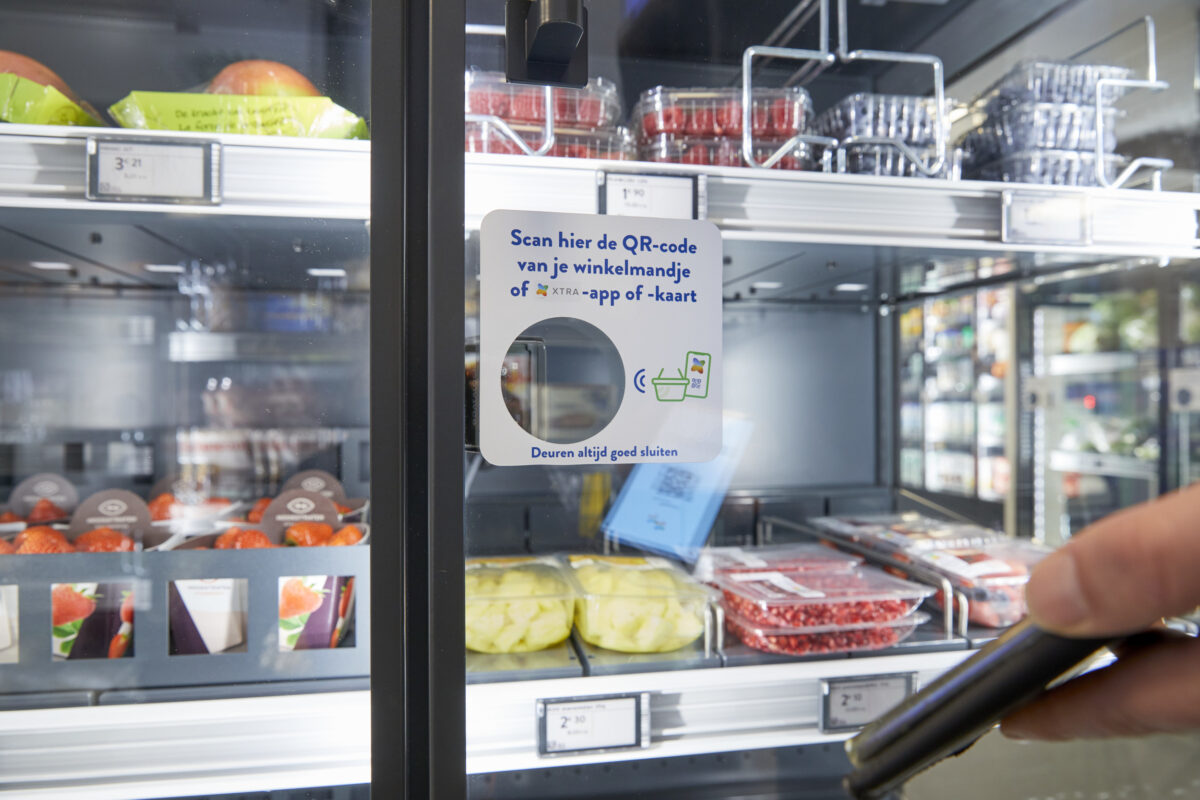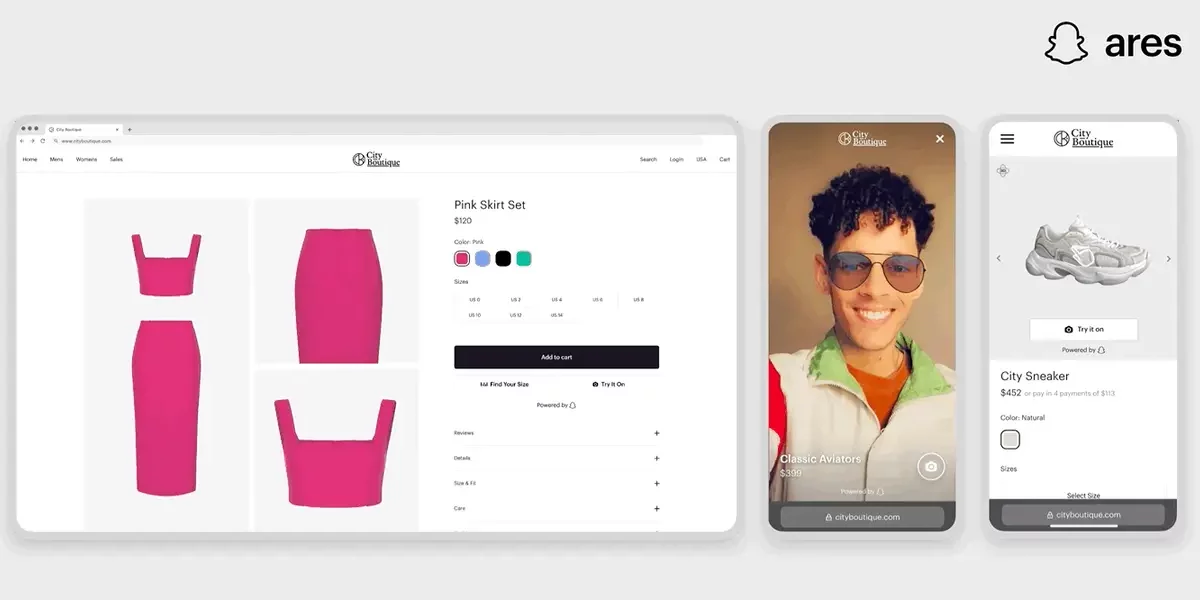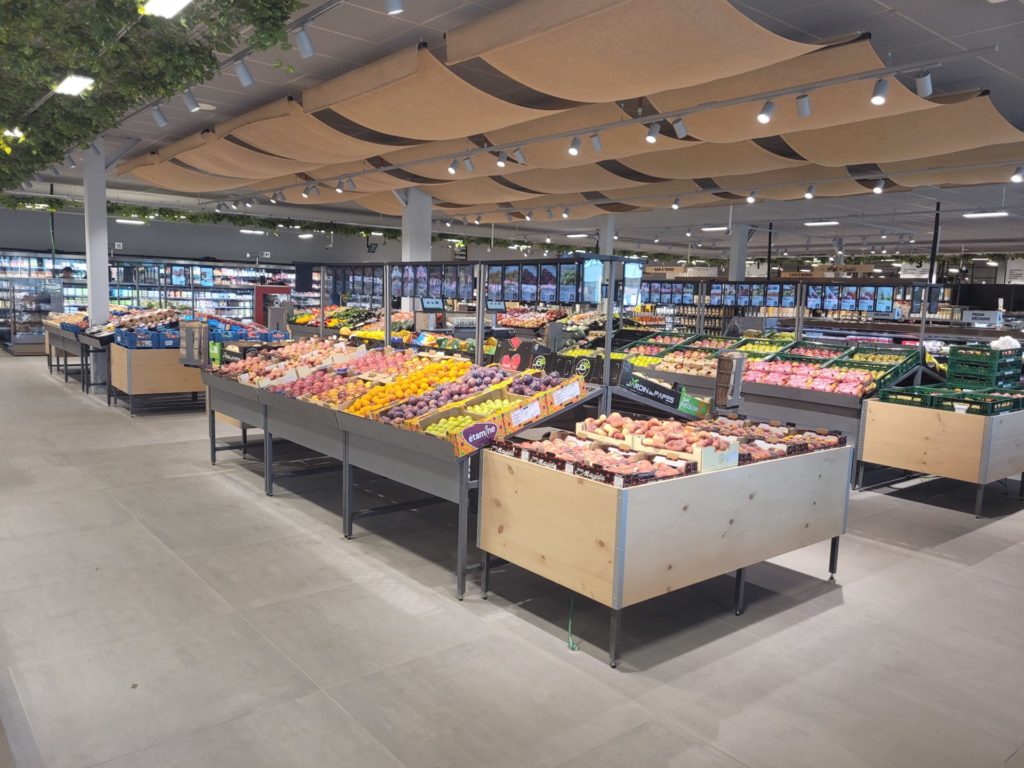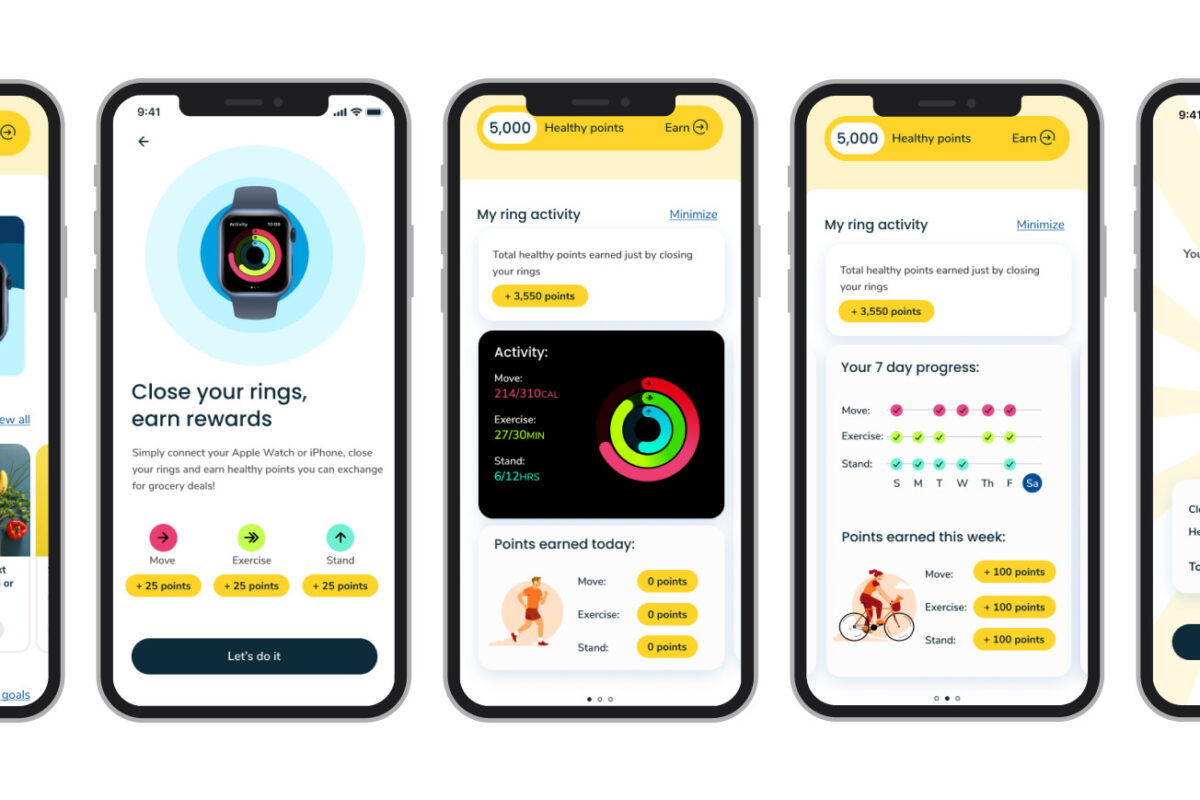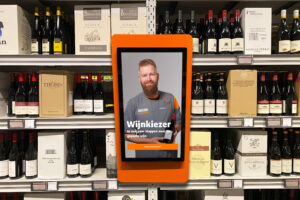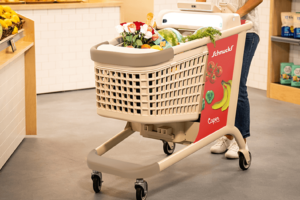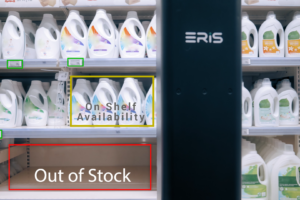In Nairobi, Kenya, consumer purchasing behaviour has changed as a result of booming e-Commerce over time. A special company is now re-defining the way people buy their fresh produce. On the online platform Green Spoon you can order fresh meat, dairy products, fruit, vegetable, cheese and even wine online. A success story. Juliet Kennedy, founder and Marketing Director Green Spoon, tells us her success story in an interview.
Mrs. Kennedy, when and why did you establish Green Spoon?
I established Green Spoon in 2016. I had the idea when I was pregnant and the safety of the food I was buying became increasingly important to me. When you are expecting you realise that you have to stay healthy and alive for a few more years to prepare the child for the world! I realised there was a need and also a niche market for healthy food, for more transparency related to the origin, the safety also for the regional producers of food.
How has Green Spoon grown so far? Was the growth slow or exponential?
The growth of Green Spoon can definitely be described as exponential. There are more shoppers “coming on board” every day and our product range is also growing constantly.
Why e-Commerce?
I personally love e-Commerce since I like the relaxed way of online shopping. You can take your time, browse and research producers without having to give a thought to such cumbersome problems as traffic or parking; and I was curious to see whether e-Commerce works specifically for food. The best thing about offering products online is the possibility to describe them in detail and to talk about their precise origin. We love it when our shoppers seek detailed information on each product prior to buying it.
How did you penetrate an already established market? Competing with Ubereats, Glovo, Yum and similar delivery outfits?
Regarding the market entry Glova and Ubereats did not exist back in 2016 yet. So we were a pioneer on the market. We operate both the logistics and home deliveries in house because we believe that our service should also cover the last mile allowing us to have everything under control to the very last moment.
Do you think that Kenyans are ready to shop food online and want to know where their food comes from?
Kenyans increasingly deal with food themes, eat more consciously. On the one hand, there is more support for local companies to strengthen our domestic economy, on the other hand, we pay more attention to what we put into our mouths. Unfortunately, there is an increasing occurrence of diseases such as cancer, for example, and many Kenyans are starting to research which types of food might potentially contain dangerous additives and preservatives. This is precisely the USP of Green Spoon: Our food is safe. I am aware that many Kenyans are still very sceptical regarding online shopping. Let me tell them: Just try once, we will convince you!
Can you describe your principal shoppers (age, gender, class, habits, geographical situation etc.)?
Our “Avatar shopper” is a working mother, typically with several children living in Nairobi. She is worried about health, the quality of products and the planet. She wants to make purchasing decisions that make a positive impact on her own future and the planet’s future. This way of thinking is new. We deliver all across Kenya but most shoppers currently come from Nairobi.
What are the prices of Green Spoon compared to prices at supermarkets?
We are competitive with supermarkets.

Delivery fresh daily, @ Green Spoon
How does Green Spoon work?
We wanted Green Spoon to work as easily as possible from the very beginning. The idea is to able to use every terminal device to access our platform and browse the various product categories. Then shoppers place the desired products into their shopping cart and pay with every type of credit card, debit card or M-pesa.
Speaking of customer service, how fast is your delivery?
We deliver orders the following day. Simple and efficient.
Do you pick up the goods with your suppliers and deliver afterwards or do your suppliers deliver themselves? Do you do packaging?
We keep a certain amount of supplies in our warehouse so that we can accelerate deliveries the following day. Our articles are all packaged for us but we take care of delivering them to our shoppers. Beyond, we are the first company – as far I know – to operate a solar-powered delivery vehicle. This way we can ensure that 50% of our deliveries are “green” in view of their footprint.

A delivery vehicle fuelling solar power, © Green Spoon
Which produce is your biggest sales hit?
Our meat.
How do you choose your food suppliers? Do you select them or do producers contact you?
A little bit of both. Irrespective of whether we find a producer or he finds us, he always has to undergo a strict selection procedure. This approach safeguards that the products offered are both safe and high-quality and meet our shoppers’ demands. Furthermore, we check additional aspects such the producer’s commitment to reducing packaging, environment friendliness or his support for the local community.
How is the future looking for Green Spoon?
Great! We have just started and our biggest mission is to change the way people think about their shopping. When people start to consciously think about food, I think, they can start a chain reaction that prompts others to live more consciously reducing their carbon footprint. In view of the current climate crisis we all have to act fast and now to change our behaviour as consumers.
What does the future of retail look like in Kenya and East Africa to your mind?
Very positive. Over the past few years new players have entered the market and it is exciting to see new ideas arrive in retail, especially in food retail. Our food range in Kenya is growing every month and so is shoppers’ awareness about nutrition and sustainability.
The interview was conducted by Jean Wandimi, africon, Representative Office Messe Düsseldorf, Kenya









